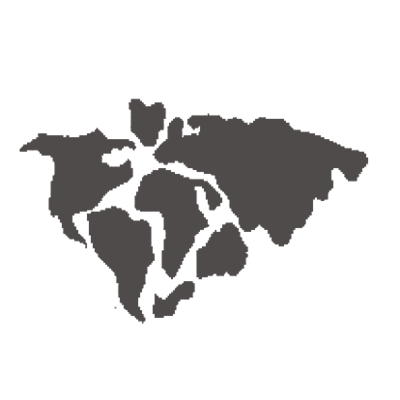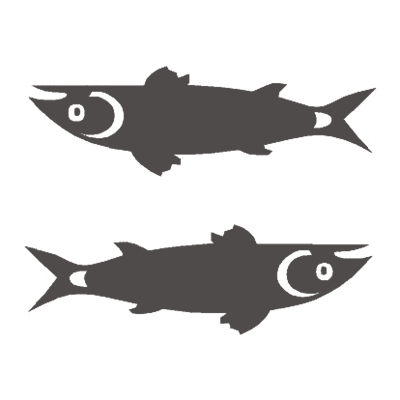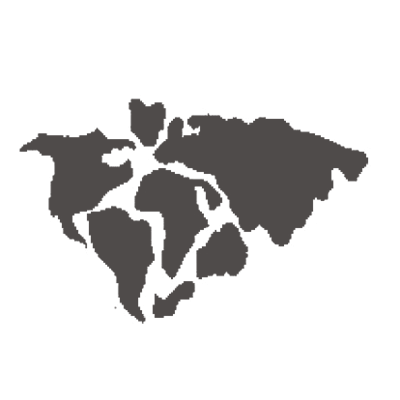New Delhi is closer to Warsaw: How will Polish companies benefit from the EU’s strategic alliance with India?
For years the EU and India sought to work out a comprehensive trade agreement. The first round of negotiations was launched in 2007, but talks broke off in 2013 when the parties failed to agree on key regulatory areas, particularly involving the automotive sector. After an impasse of nearly a decade, negotiations on a free-trade agreement were resumed in 2022 and completed on 27 January 2026 in New Delhi.

Amendment to the Polish Sanctions Act: Key changes and new obligations
An act amending the Polish Sanctions Act will enter into force on 26 February 2025. It introduces significant changes to improve the enforcement of sanctions in Poland. But it also poses new compliance challenges for companies. Below we discuss the key points of the amendment.

Dual-use technology transfers: Technology exports vs. technical assistance
The European export control regulations divide dual-use technology transfers into two main categories: technology exports and provision of technical assistance. Understanding the differences between the two is essential for complying with export controls.

Sanctions: Commission Guidance does not give full certainty
Court of Justice clarifies the notion of “legal advisory services” under EU sanctions law and throws into doubt the Commission’s interpretation.

US secondary sanctions: The Court of Justice interprets the EU Blocking Statute
On 21 December 2021, the Court of Justice of the European Union issued a long-awaited judgment on the interpretation of the EU Blocking Statute in C-124/20, Bank Melli. Although the ruling does not dispel all doubts, it does set the direction for interpretation and shows that even imperfect regulations must be applied.

Recast regulation on export control of dual-use items: What will change?
The Recast Dual-Use Regulation entered into force on 9 September 2021, replacing the regulation from 2009, governing controls of items with both civil and military purposes. What key changes does the new regulation introduce?

Export of dual-use goods—what you should keep in mind
Compliance with export control regulations poses a growing challenge for participants in international trade in goods and providers of cross-border services. The size of the enterprise is irrelevant. Multinational corporations are subject to the same restrictions and consequences for infringement as small businesses or individuals. Every participant in trade must determine whether a planned export of goods, technologies or services requires a permit or completion of other formalities to avoid exposure to financial losses or criminal liability.

Export control of automated and autonomous vehicle technologies
Autonomous vehicles will be an essential part of the mobility of the future. Cars can already relieve the driver in many situations, and the R&D sector for autonomous vehicles is booming. Companies are investing in sensor and machine-learning technology, creating pilot programmes to test self-driving vehicles at levels 4 and 5 of automation. But the export of some of these technologies may be restricted due to potential military applications.

The EU global sanctions regime: How human rights affect supply chains
On 7 December 2020, the Council of the European Union adopted a decision and a regulation establishing a global sanctions regime for human rights violations. On this basis, the EU will be able to impose sanctions on persons, entities and bodies involved in or responsible for serious human rights violations and abuses worldwide—no matter where in the world such actions take place. As soon as possible, EU undertakings active on the global market should adapt their internal compliance systems and reflect human rights issues in designing their supply chains.
